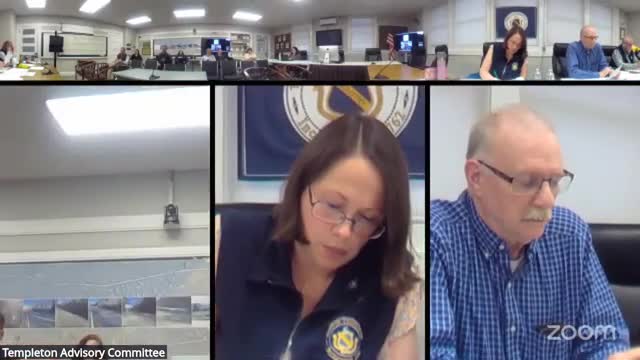Article not found
This article is no longer available. But don't worry—we've gathered other articles that discuss the same topic.
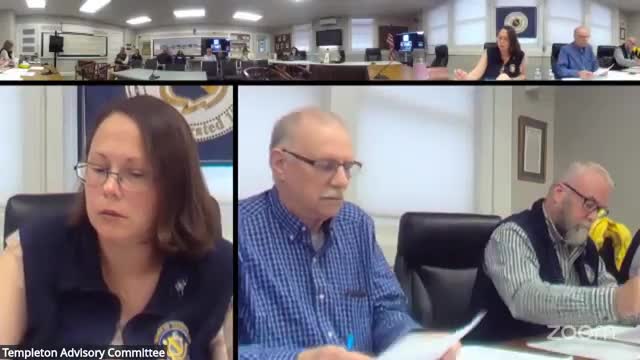
Residents question proposed appraisal of 381 Baldwinville Road sewer easement through conservation land
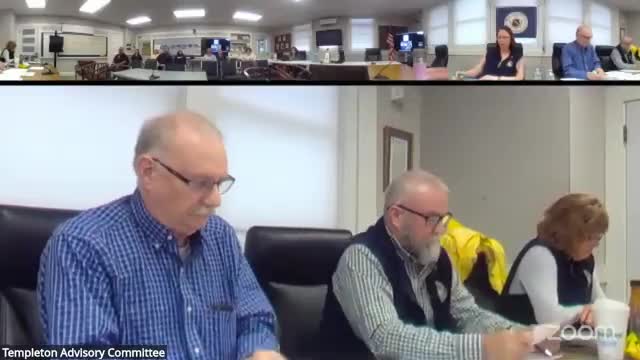
Town moderator and town staff push electronic voting option for town meeting
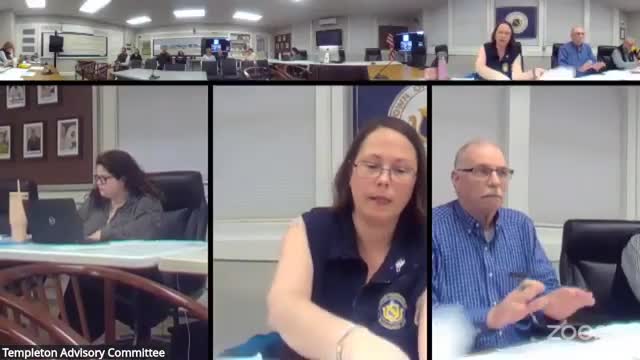
Advisory committee flags tight town budget, warns school costs will rise
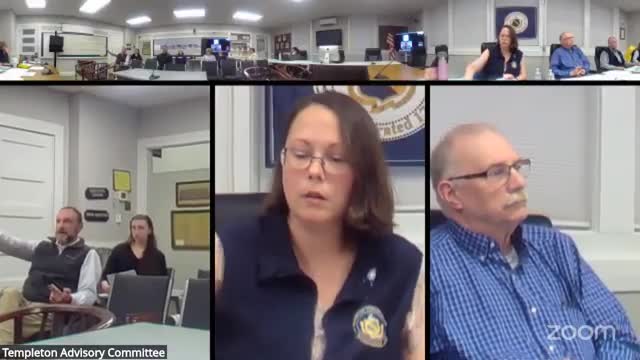
Citizen petitions seek to ban commercial fuel‑production activities in multiple zoning districts
